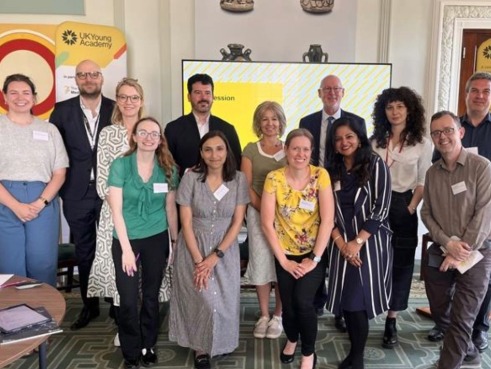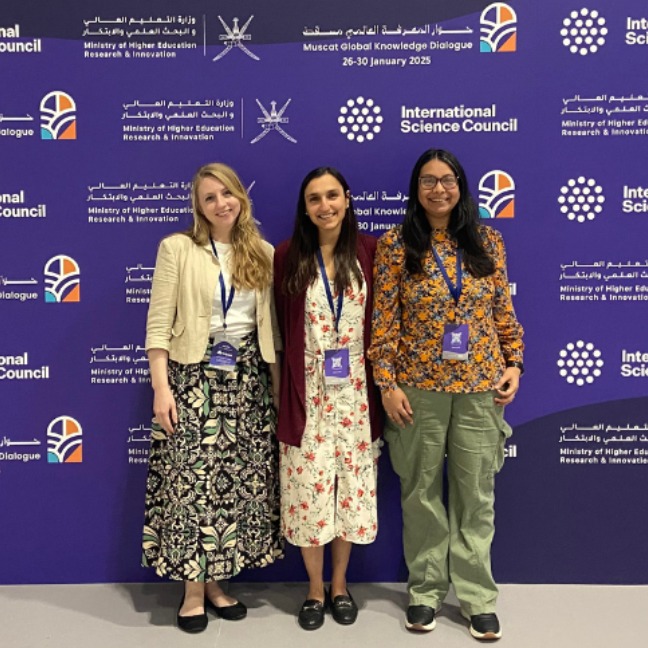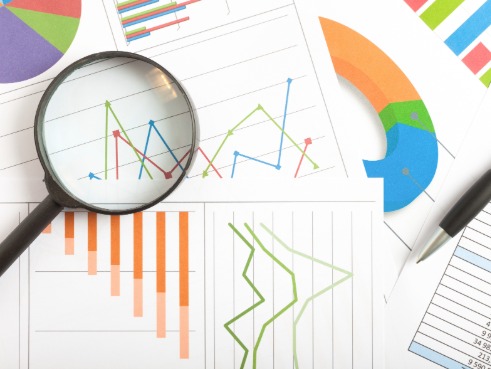Science and Technology Diplomacy
A project that champions early-career individuals in science and technology diplomacy, equipping and connecting them to make global decision-making more inclusive.

The world’s biggest challenges — climate change, AI governance, energy transitions — don’t stop at national borders. Science and technology have always been global, but diplomacy often is not.
The UK Young Academy’s Science and Technology Diplomacy project aims to bridge that gap by connecting researchers, engineers, and policymakers so that science can inform global decision-making and address global challenges. Science diplomacy affects everyone: It shapes the vaccines we access, the technologies we use, and the climate policies that protect us.
To achieve this, the project particularly champions the role of early and mid-career professionals in science and technology diplomacy, working to make these conversations more inclusive so that decisions about the future aren’t just made by a few, but by a diverse range of voices from across sectors, stages, and regions.
How is the project going to achieve this?
Building the capabilities of UK Young Academy members
Through targeted workshops and training, our members will gain skills in policy analysis, negotiation, and international collaboration. The project will focus on building the confidence and capability to navigate the complexities of diplomacy and drive innovative solutions to global challenges.
Connecting
The project will promote national and international partnerships with key stakeholders, facilitating cross-border collaboration on issues such as climate change and sustainability. By establishing these connections, we’re creating a network that allows early-career professionals to exchange ideas, share best practices, and sustain ongoing dialogue with counterparts worldwide.
Flipping the Model
We’re flipping the traditional model of diplomacy. Instead of starting from governments, we’re starting from people: early-career professionals who are already collaborating across borders and disciplines. We’re creating accessible entry points, from practical crib sheets to webinars, turning diplomacy from something abstract into something individuals can understand, engage with, and contribute to.
Impact
In the short term, the project aims to create awareness, a common language, and practical tools. In the long term, we’re building a network of globally minded professionals who see science and technology as bridges, not barriers, in addressing shared challenges.
Overall, society at large benefits when science and diplomacy work together, because better collaboration means better solutions to global problems.
Key project outcomes
- Skill development: Through targeted workshops and training sessions, project participants will gain practical tools and real-world insights to navigate policy analysis, negotiation, and international collaboration. These activities are designed to build confidence and capability in addressing complex global challenges.
- Pathways to influence: By identifying key channels for engagement with policymakers and international forums, the project will provide participants with opportunities to share their perspectives and contribute to shaping important decisions.
- Networks and connections: Networking with key stakeholders in science and technology and hosting events on critical issues will connect early-career professionals with leading organisations, spaces, and individuals. These efforts will also help build a growing international network of young academies and early-career professionals engaged in science diplomacy. Attendance and active participation at major international events will raise UKYA’s visibility, strengthen global partnerships, and deepen member engagement in diplomacy, innovation, and global policy.
- Resources and tools: Creation of accessible resources, including a ‘Science and technology diplomacy crib sheet‘ for researchers, diplomats, and innovators, providing definitions, examples, and practical guidance to help bridge the gap between science and diplomacy.
- Knowledge sharing: Engaging communications outputs capturing lessons and practical reflections on the value of science diplomacy and the role of early-career researchers.
How to get involved:
If you would like to connect with the project team or have any questions, please reach out to us at enquiries@ukyoungacademy.org























